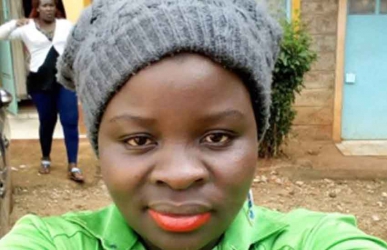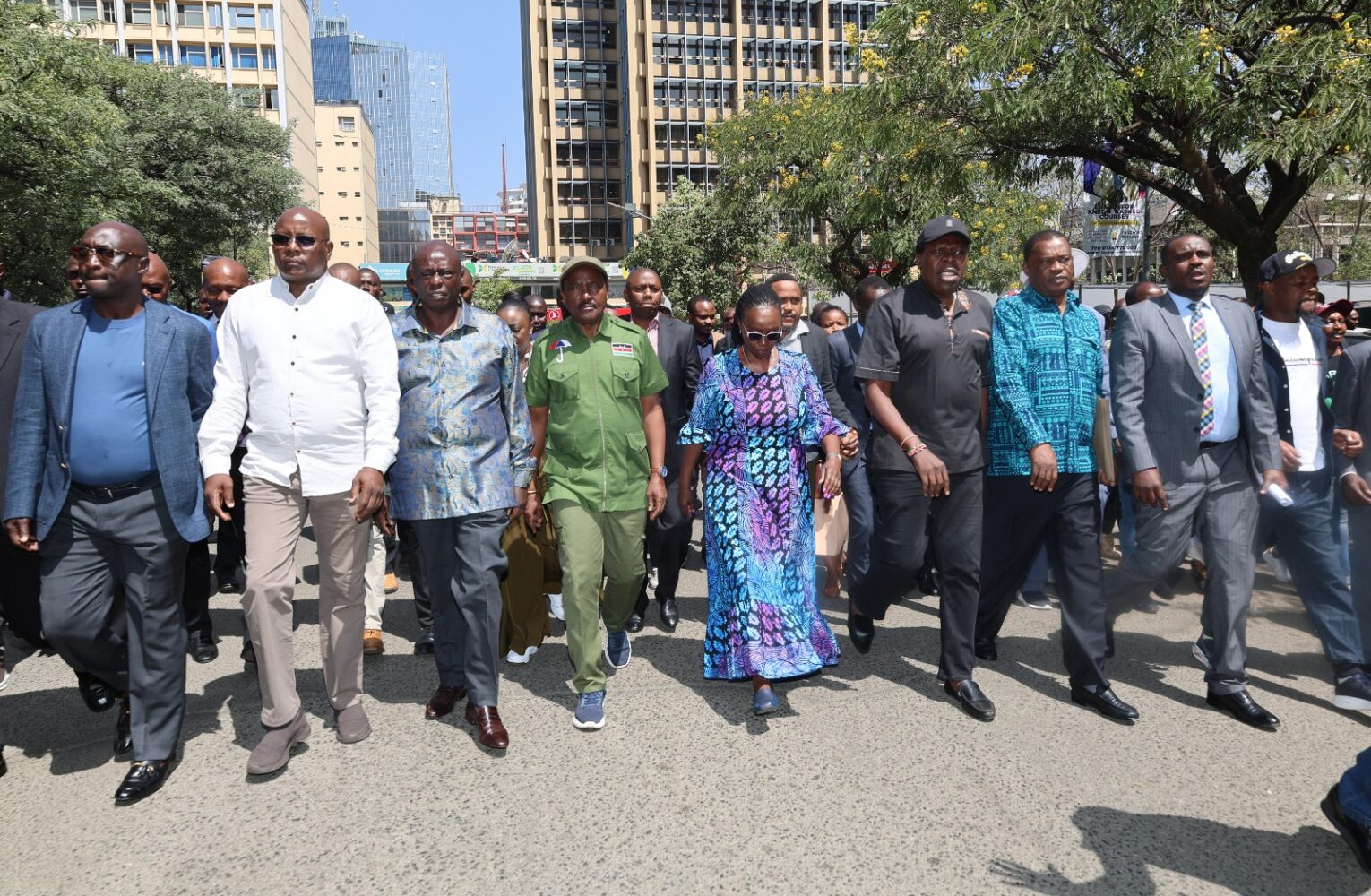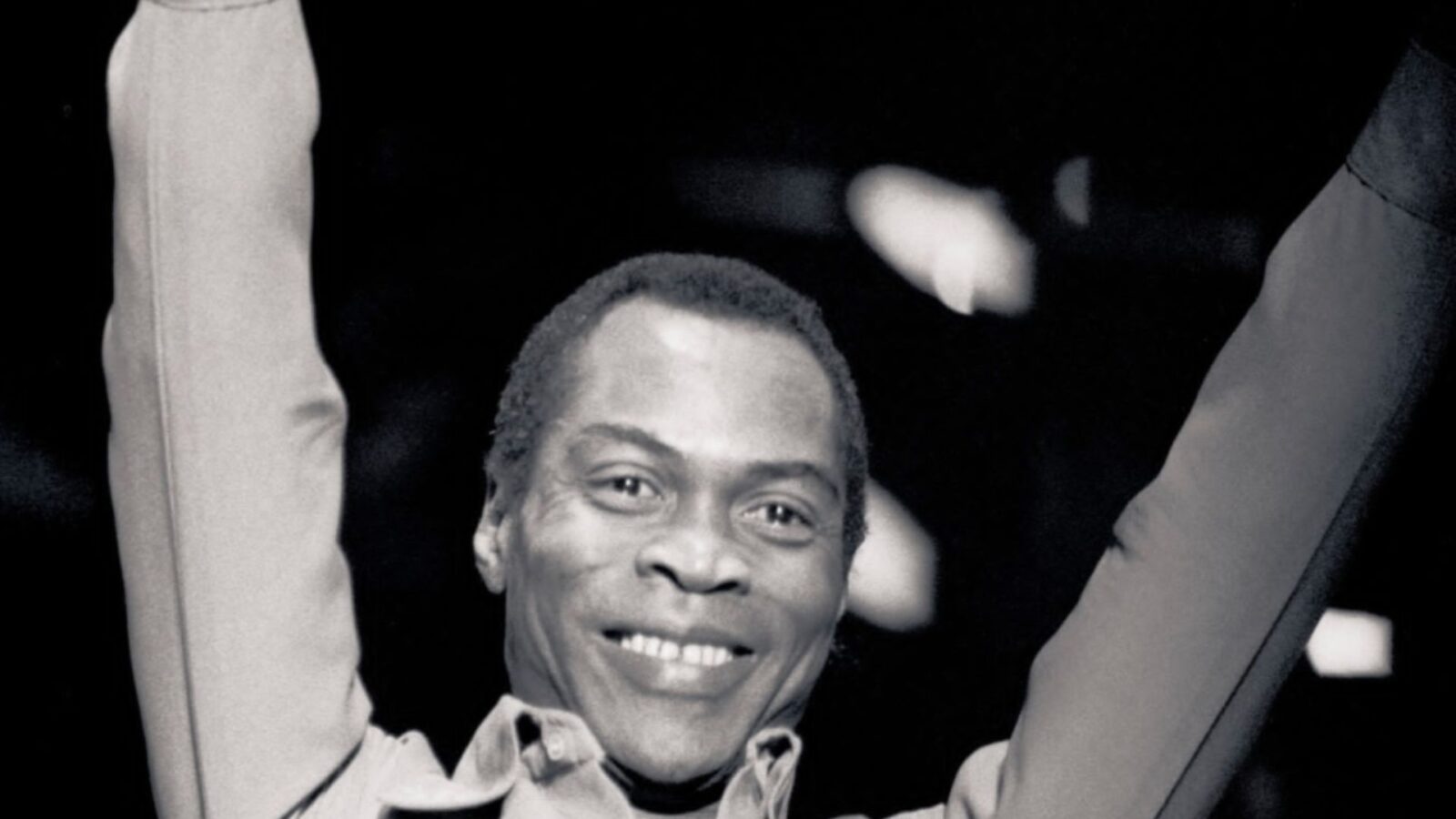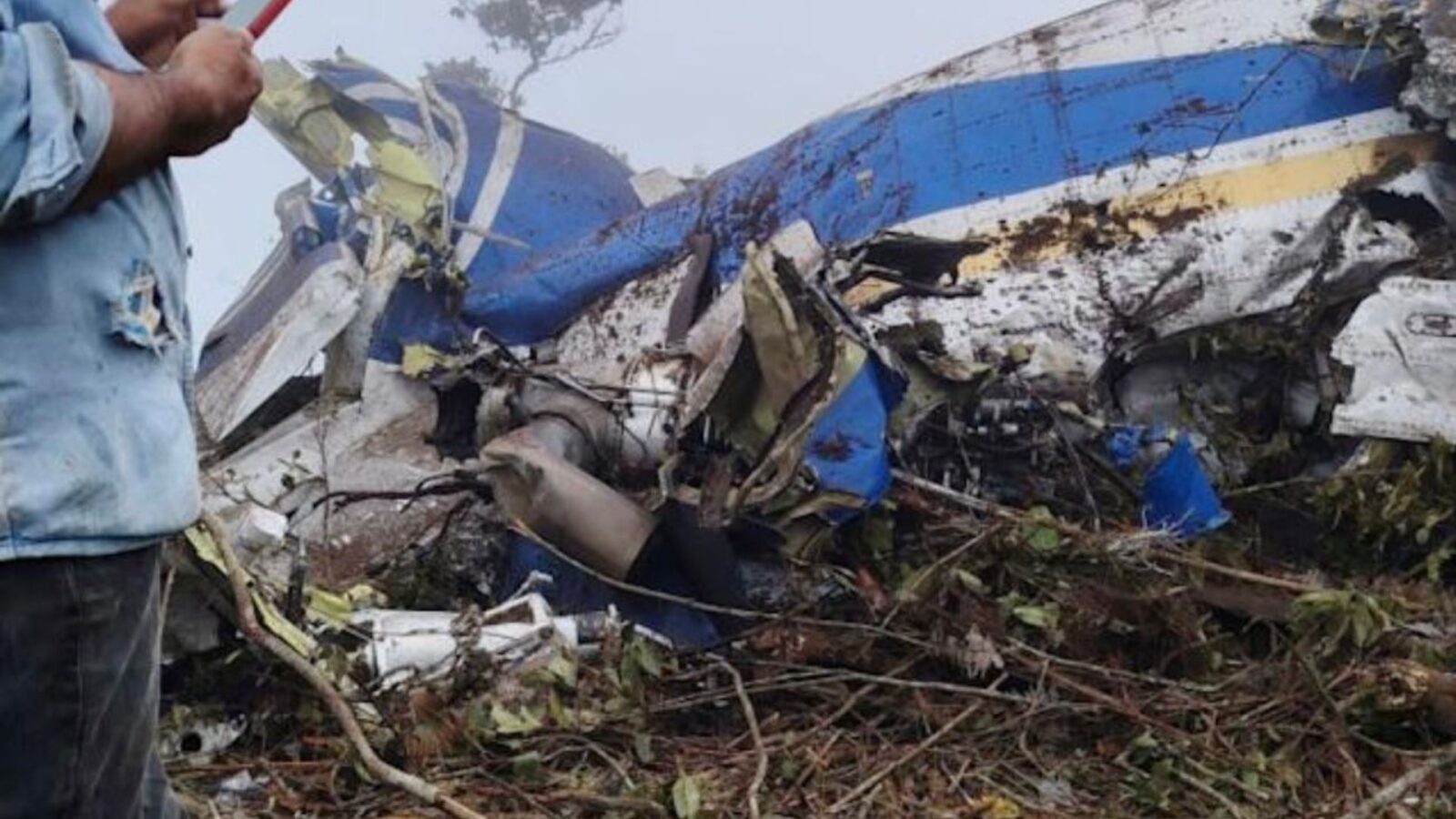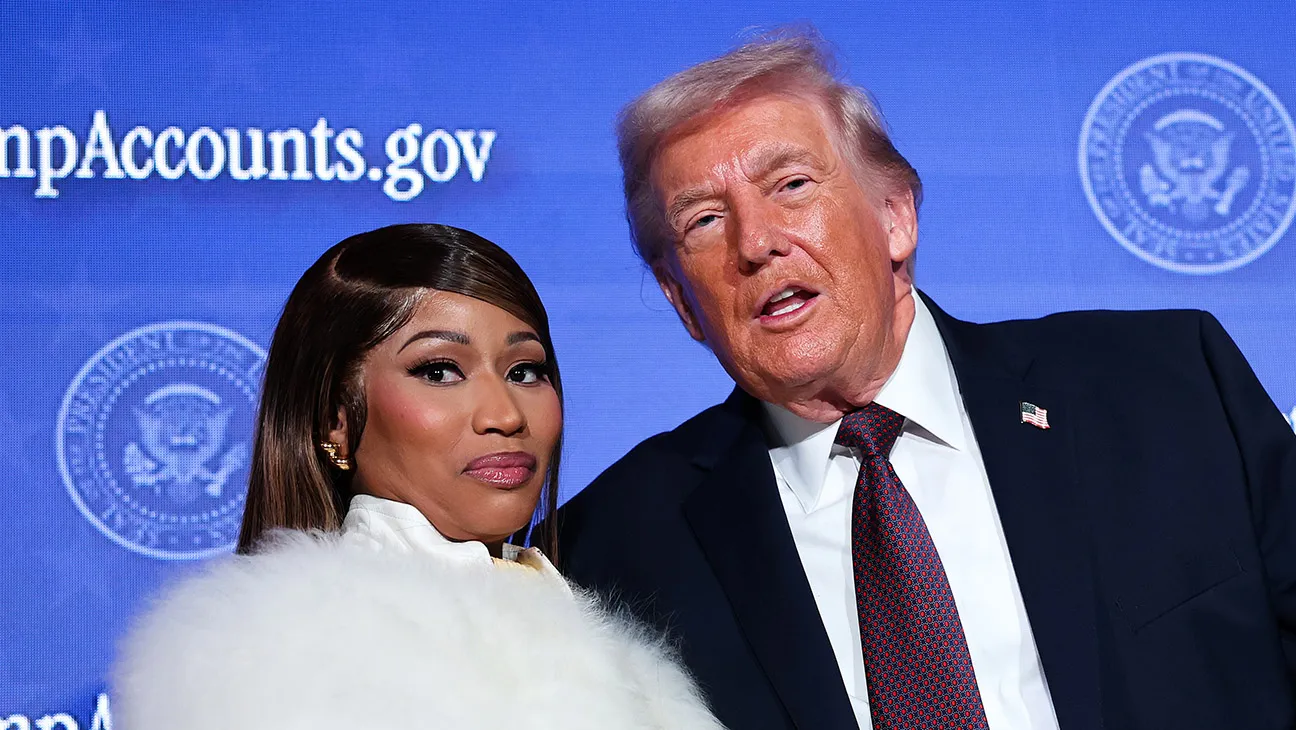Nepal has appointed Sushila Karki, a former chief justice and respected anti-corruption crusader, as the country’s first female Prime Minister.
Her appointment follows a week of deadly protests that shook the nation, forcing the resignation of Prime Minister K. P. Sharma Oli and the dissolution of parliament.
President Ram Chandra Paudel swore in Karki on Friday as head of an interim government tasked with stabilizing the country and steering it toward fresh elections, scheduled for March 5, 2026.
The move marks a historic turning point for Nepal, where women have long struggled for political representation at the highest levels.
The political crisis erupted after the government’s controversial decision to ban major social media platforms, which protesters viewed as an attack on free speech.
Although the ban was later revoked, widespread frustration with corruption, nepotism, and economic stagnation fueled a wave of demonstrations led largely by Nepal’s younger generation.
The unrest quickly escalated into violent clashes with security forces, leaving at least 51 people dead and more than 1,300 injured.
Under growing pressure, Oli resigned on September 9, paving the way for Karki’s appointment. Political leaders and civil society groups backed her candidacy as a neutral figure capable of restoring trust in governance.
Karki, 73, is no stranger to breaking barriers. In 2016, she became Nepal’s first woman chief justice, gaining a reputation for fearless rulings against corruption and abuse of power.
Her return to national leadership has been widely welcomed, with many viewing her as a symbol of accountability and reform.
Her interim government will face enormous challenges: investigating the violence, addressing public anger over corruption, and ensuring the March elections are free and credible.
Analysts say her leadership could either set the stage for lasting political reforms or simply serve as a pause in Nepal’s cycle of instability.
Still, her rise has been hailed as a milestone. “This moment reflects the growing demand for integrity and inclusivity in Nepali politics,” one commentator noted. “The fact that a woman known for her principles is now leading the country speaks volumes about where the public wants to go.”
As Nepal recovers from the turmoil, all eyes will be on Karki’s ability to calm tensions and guide the nation toward a new political chapter, one that could redefine the country’s democratic future.




